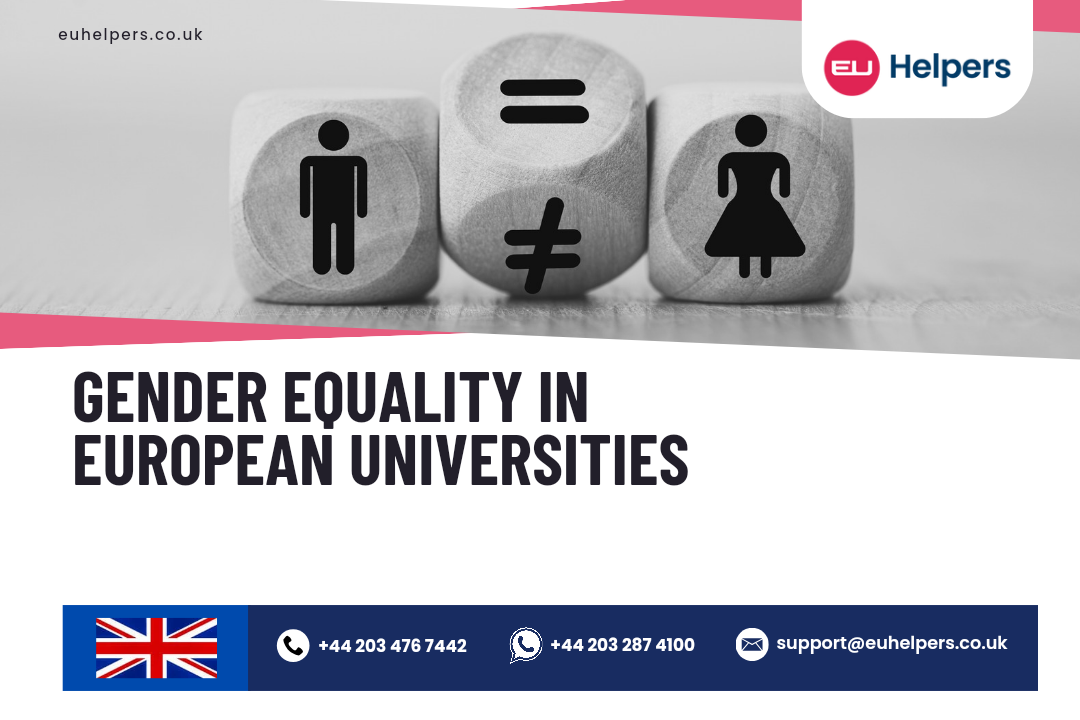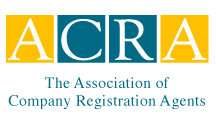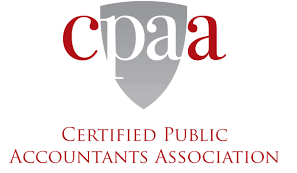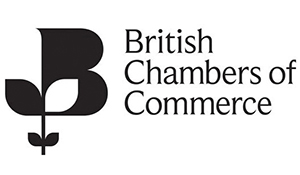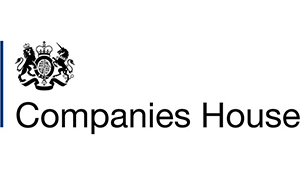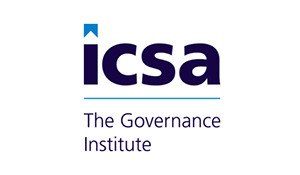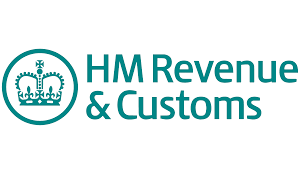Gender equality in European universities is a topic of paramount importance, reflecting the ongoing efforts to create inclusive and equitable academic environments. While progress has been made in recent years, challenges persist, highlighting the need for continued action and advocacy.
One notable aspect of progress in gender equality is the increasing representation of women in leadership roles within European universities. More women are occupying positions such as university presidents, deans, and department heads, signaling a shift towards greater gender balance in decision-making processes. This trend is a positive development, as it not only promotes diversity but also serves as a source of inspiration for aspiring female academics.
Additionally, efforts to address gender disparities in academic disciplines and career pathways have gained momentum. European universities are implementing policies and initiatives aimed at supporting women in STEM (science, technology, engineering, and mathematics) fields, where they have traditionally been underrepresented. These efforts include mentorship programs, networking opportunities, and targeted recruitment strategies to attract and retain female talent.
Despite these advancements, challenges remain in achieving full gender equality within European universities. One prominent issue is the persistence of gender pay gaps and inequalities in academic salaries. Studies have shown that women in academia continue to earn less than their male counterparts, even when accounting for factors such as experience and qualifications. Addressing these disparities requires proactive measures to ensure fair and transparent compensation practices.
Moving forward, it is essential for European universities to remain committed to advancing gender equality through concrete actions and policies. This includes promoting diversity in leadership, addressing systemic barriers to women's participation and advancement, and fostering a supportive and inclusive environment for all members of the academic community. Contact EU Helpers for more European updates.

